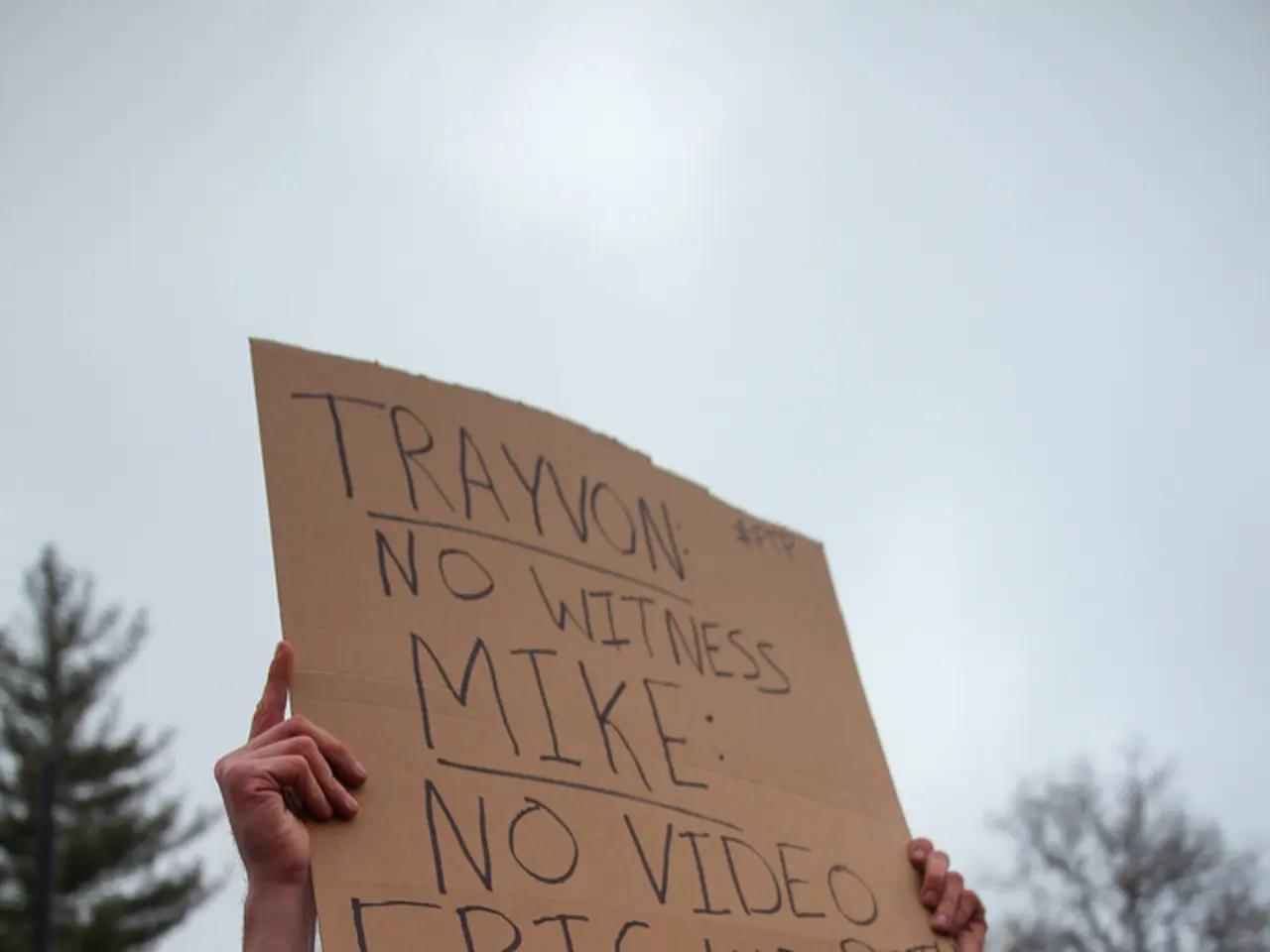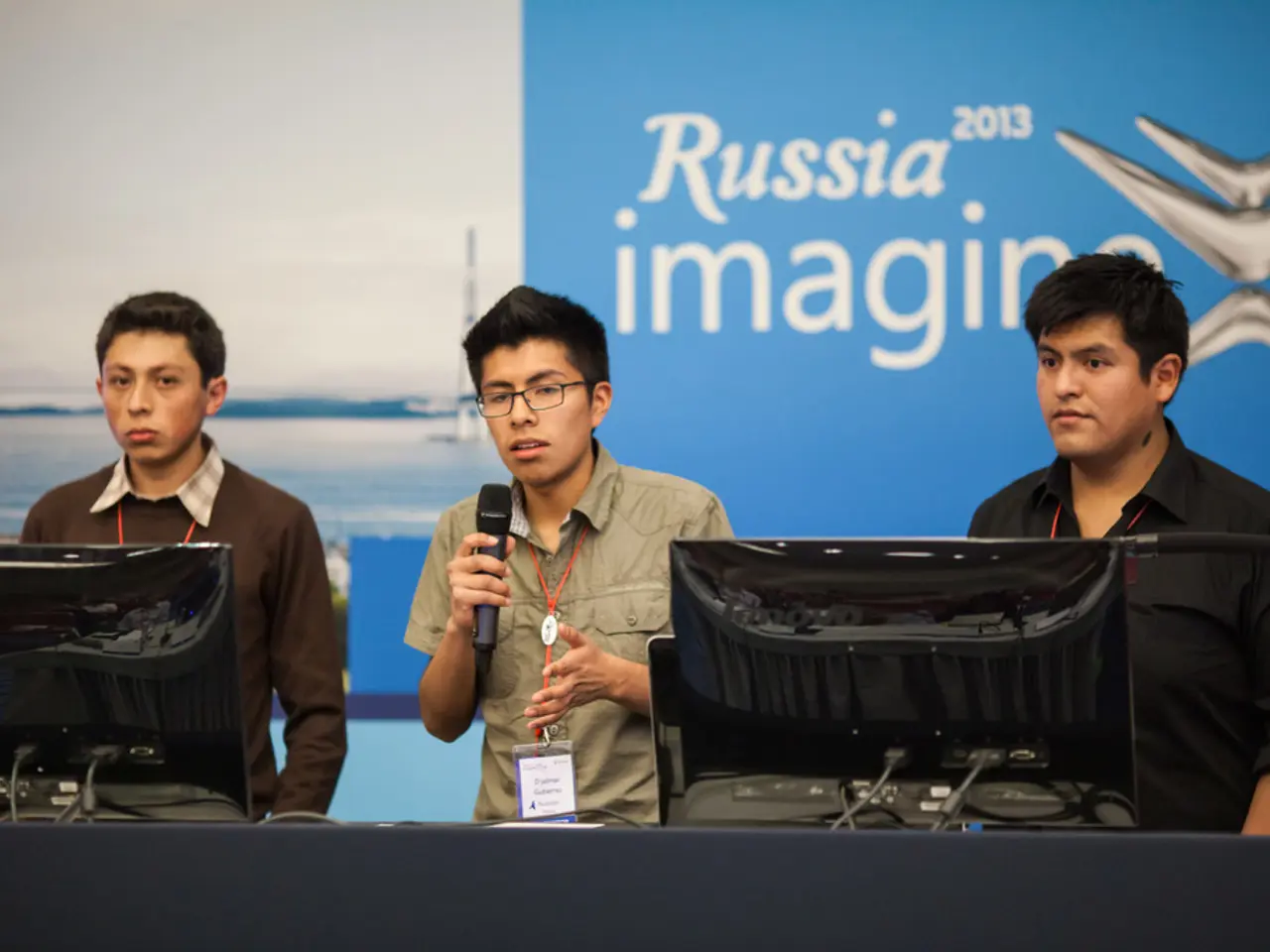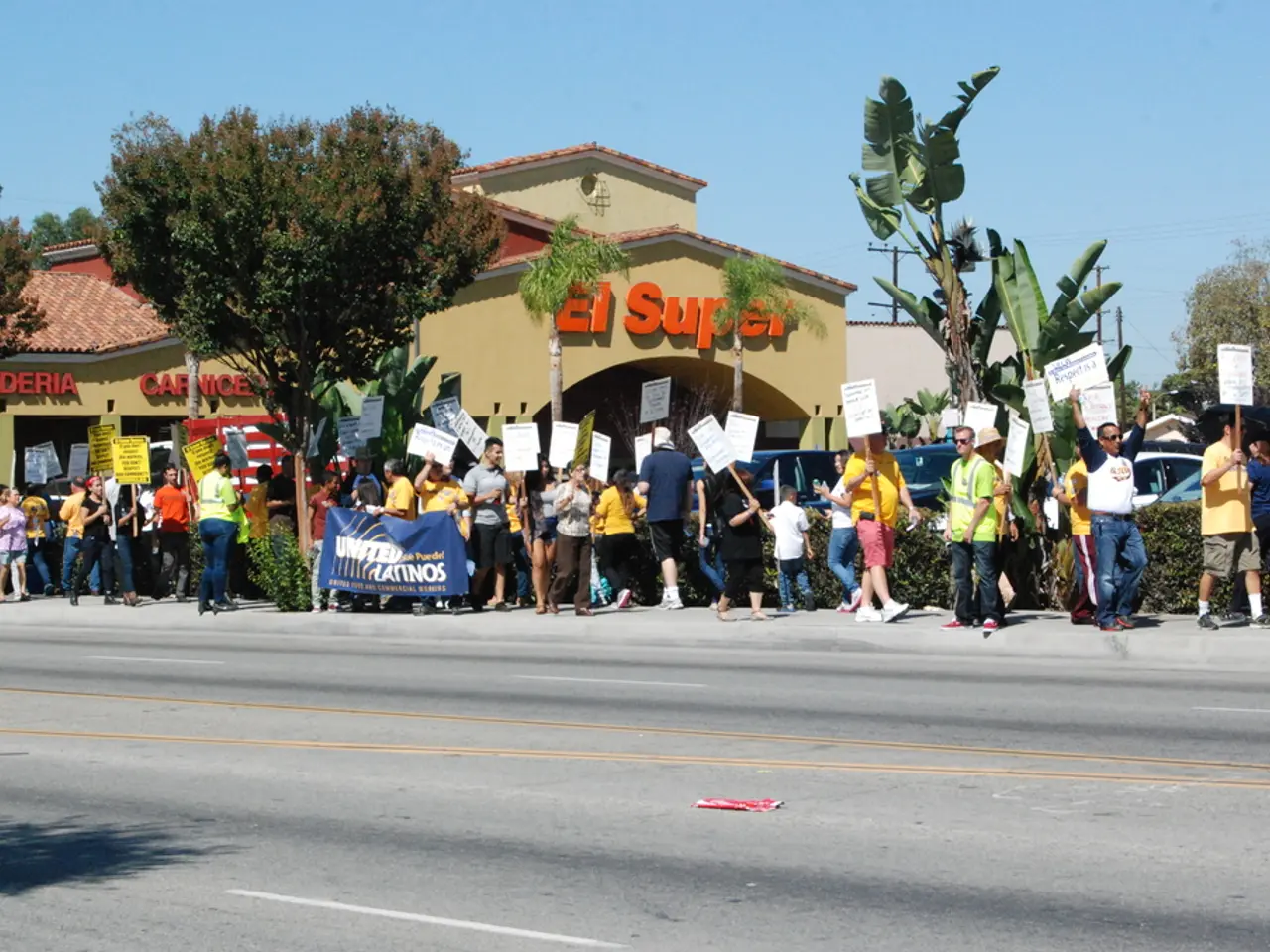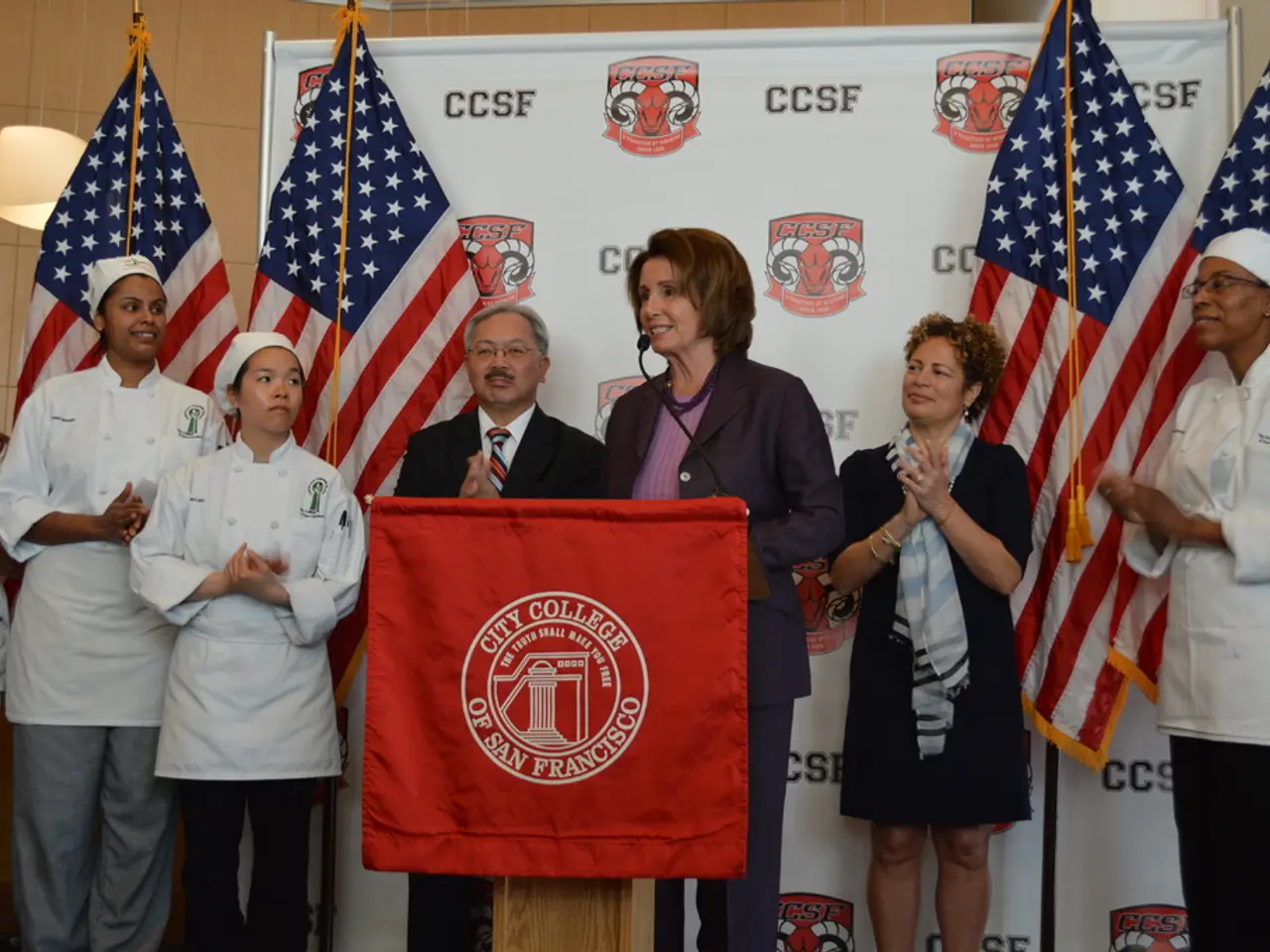Protesters rally in Brazil in favor of Bolsonaro's political stance
The house arrest of former Brazilian President Jair Bolsonaro has led to a significant deterioration in US-Brazil relations, marked by escalating tensions and punitive economic measures by the US.
US President Donald Trump announced steep tariffs of up to 50% on Brazilian goods, linking this trade action to Bolsonaro’s prosecution by Brazil’s Supreme Court for allegedly masterminding a coup plot related to the 2022 election. Trump framed the tariffs as a response to Brazil’s judicial actions against Bolsonaro and alleged violations concerning free and fair elections and freedom of expression.
Brazilian President Luiz Inácio Lula da Silva has been resistant to such US sanctions and tariff measures. He expressed that there is no room for direct talks with Trump under the current circumstances, characterizing US tariff imposition as authoritarian and humiliating. Brazil’s government has not officially commented on the ongoing judicial case itself but has responded strongly against the perceived aggression represented by the US sanctions.
Key points shaping the strained relations include:
- Bolsonaro’s house arrest on August 5, 2025, ordered by Justice Alexandre de Moraes, restricts Bolsonaro’s public communication and movement, as he is tried for actions allegedly aimed at overturning the 2022 election results through violent attacks akin to the January 6, 2021 US Capitol riot.
- Trump’s personal political alignment with Bolsonaro and escalation of tariffs reflects growing far-right connections between factions in both countries, which complicates diplomatic relations between the US administration and Brazil’s democratically elected center-left government under Lula.
- Brazilian officials reject US pressure tactics, emphasizing a long history of diplomatic relations and unwillingness to negotiate under humiliation or coercion.
In summary, the house arrest of Bolsonaro has intensified a trade and diplomatic conflict, with the US employing economic sanctions directly tied to Bolsonaro’s legal troubles, while Brazil resists and criticizes these external pressures, leading to a pronounced chill in US-Brazil bilateral relations.
References: [1] The Guardian. (2025, August 6). US imposes tariffs on Brazilian goods in show of support for Bolsonaro. Retrieved from https://www.theguardian.com/world/2025/aug/06/us-imposes-tariffs-on-brazilian-goods-in-show-of-support-for-bolsonaro [2] The New York Times. (2025, August 5). Brazil's Supreme Court Orders House Arrest of Bolsonaro. Retrieved from https://www.nytimes.com/2025/08/05/world/americas/brazil-bolsonaro-house-arrest.html [3] The Washington Post. (2025, August 6). Brazil reacts strongly against US sanctions in support of Bolsonaro. Retrieved from https://www.washingtonpost.com/world/the_americas/brazil-reacts-strongly-against-us-sanctions-in-support-of-bolsonaro/2025/08/06/1a9f0340-b4d4-11ed-915f-859703596275_story.html [4] CNN. (2025, August 5). Trump doubles down on threats against Bolsonaro-supporting Brazil. Retrieved from https://www.cnn.com/2025/08/05/americas/trump-tariffs-brazil-bolsonaro/index.html [5] Reuters. (2025, August 6). US state department condemns Bolsonaro's house arrest. Retrieved from https://www.reuters.com/world/us/us-state-department-condemns-bolsonaros-house-arrest-2025-08-06/
- The escalating tensions between the US and Brazil, particularly regarding trade and diplomacy, has become a significant portion of general news, as it involves war-and-conflicts, politics, and crime-and-justice.
- The US President's imposition of tariffs on Brazilian goods, linked to political allegations against former President Jair Bolsonaro, has been covered extensively in crime-and-justice and politics sections of news outlets, drawing attention to the intricate relationships between these realms and general news.






